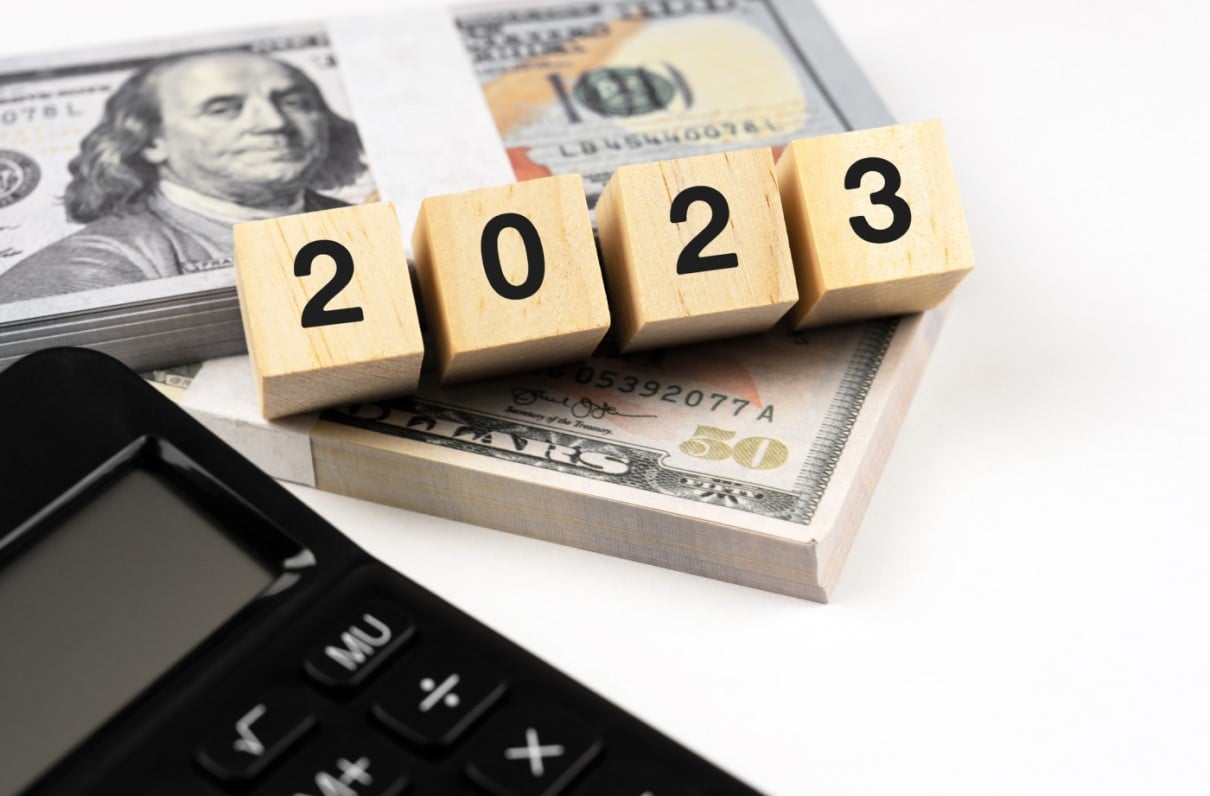The holiday season can be a busy one, with commitments to family and friends taking a front seat. Before you’re buried in baked goods and wrapping paper, take a few moments to pause and assess your personal financial situation, because there are some personal finance actions that must be taken sooner rather than later.
Here are seven moves to consider before the end of the year. Want more? Visit MOAA.org/Finance for news updates and link to MOAA-exclusive financial resources.
1. Maximize Your Employee Benefits. Did you max out your contributions to your employer-sponsored retirement plan? If not, you may be able to adjust your contributions for the last few pay periods of the year.
This time of year is also typically open season for other employee benefits.
Does your company offer a Flexible Spending Account (FSA)? If you are already signed up, make sure you have used all your funds. If you haven’t signed up, see if it makes sense to open an FSA – it allows you to use tax-free funds to pay for items you would need to pay for anyway.
[RELATED: TRICARE and FEDVIP Open Season: Which Plan Is Best?]
2. Set up Your Contributions for 2023. Employee contribution limits for employee-sponsored retirement plans like the Thrift Savings Plan (TSP) or a 401(k) are going up to $22,500 in 2023 … or $30,000 if you’re 50 or over. If you want to max out your contributions next year, you’ll want to get those changes set in place in time for the first paycheck in January. Contribution limits for Individual Retirement Arrangements (IRAs) also have increased for next year to $6,500 ($7,500 for those 50 or older.)
3. Do a ‘Backdoor Roth’ Conversion. While contributions to IRAs can be made up until the tax filing deadline (April 18, 2023), if you were planning on making use of the popular “backdoor Roth IRA” tax strategy that was almost axed last year, you must complete your conversion by the end of the calendar year. MOAA outlined that process in this article from early 2022.
4. Donate to Charity. The temporary tax law changes allowing taxpayers to claim a deduction for contributions to charity even if they didn’t itemize have now expired, but charitably minded folks can consider bunching several years’ worth of donations together to increase potential itemized deductions. Those 70½ or older could consider making a Qualified Charitable Distribution (QCD) of their required minimum distribution (RMD) to reduce their income tax bill.
[RELATED: Donate to MOAA Charities]
5. Take Your Required Minimum Distribution. Speaking of RMDs, if you are required to take one, don’t forget to do it before the end of the year. If you fail to do so, you face a steep 50% tax penalty.
6. Use the Annual Gift Tax Exclusion. If you were planning on taking advantage of this powerful estate planning tool, which allows you to give up to $16,000 this year ($17,000 in 2023) to as many people as you want without any tax implications, you must do it by Dec. 31.
7. Consider Tax Loss Harvesting. If you had money-losing investments this year, you might want to take advantage of tax loss harvesting, which could help you reduce your tax liability by using losses to offset gains elsewhere. This is a complicated topic and there are strict rules governing how it’s done, so you’ll want to consult with your tax professional.
While the holidays can be hectic, your future self will thank you if you take care of these money moves before the new year.
MOAA’s Financial Calculators
Whether you’re planning for retirement, buying a home, managing your investments, or more, these tools can help you make informed decisions.

